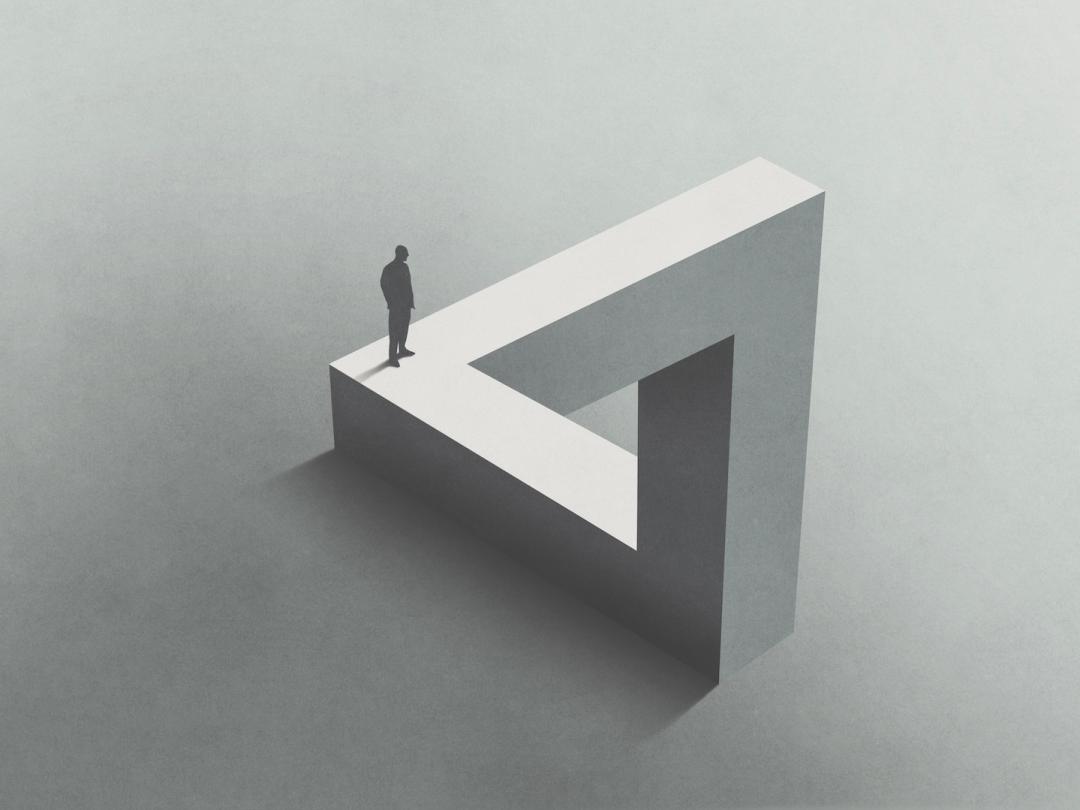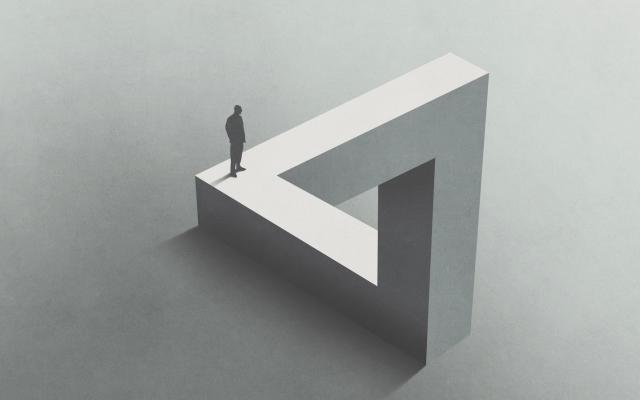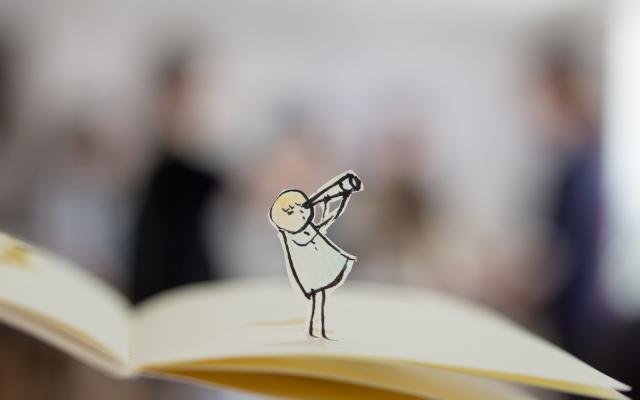Het is een grote eer voor mij om hier te mogen spreken ter gelegenheid van het 150-jarig bestaan van het Nederlands Tijdschrift voor Geneeskunde (NTvG). Ik ben mij er wel van bewust dat ik hier sta als buitenstaander, als historicus, en dat ik in de voetsporen treed van oratoren die hun sporen hadden verdiend op het terrein van de geneeskunde en u tijdens andere mijlpalen in de geschiedenis van dit tijdschrift toespraken (figuur 1). Ik ben de professie van medicus het meest genaderd toen mijn dochter werd geboren in de staat Indiana in de VS. Het geluk wilde dat mijn vrouw Nederlandse is en het kind thuis geboren wilde laten worden, hoewel de wet van Indiana vroedvrouwen verbiedt hun werk aan huis te doen – een van die ‘moderne’ wetten die uit naam van de veiligheid alle geboorten in het ziekenhuis willen laten plaatsvinden. Via via kwamen wij…
Feestrede bij de viering van het 150-jarig jubileum van de Vereniging Nederlands Tijdschrift voor Geneeskunde

- The Nederlands Tijdschrift voor Geneeskunde (NTvG Dutch Journal of Medicine) celebrates its 150th anniversary this year. J.van der Meer and S.van ’t Hof are the editors of a jubilee book issued to mark the occasion. Two earlier books, issued for the 50th and 100th anniversary of the journal, focused primarily on the history of the association of editors which publishes the NTvG. Unlike these books, a large portion of the current jubilee book is devoted to the history of medicine in the Netherlands in the last 50 years. Of greater importance is that the authors reflect on the relationship between the NTvG, the medical profession and society at large. This relationship has intensified since the 1960’s. The NTvG has accomplished its goal of being a general medical journal, but lacks ‘the voice of the patient’ and editorial comments on current social issues. With respect to the physician-patient relationship, the Netherlands has succeeded more than other countries in diminishing the gap between these two partners. The way the Dutch have dealt with the issue of euthanasia is a clear example. But as to the role of the physician in society, the loss of position and authority, increasing professionalism and specialisation and reluctance to engage in social and ethical debate for fear of losing impartiality have caused the medical profession to assume a marginal position in society, even with respect to its own needs as a group of professionals. At present, there is a clear need for physician citizenship that engages in a broad spectrum of social responsibilities in a professional context.
Ned Tijdschr Geneeskd. 2007;151:425-32




Reacties